When the Australian editorialises (24/02/23) that, ‘No one who has followed [its] reporting over decades could remain untouched by the misery afflicting many of our Indigenous communities’ (it means Aboriginal communities, but let that common error pass), it can so claim without fear of contradiction. Nor, it goes on, ‘would they question the vital need to solve the problems that underlie that misery’.
Already a subscriber? Log in
Subscribe for just $2 a week
Try a month of The Spectator Australia absolutely free and without commitment. Not only that but – if you choose to continue – you’ll pay just $2 a week for your first year.
- Unlimited access to spectator.com.au and app
- The weekly edition on the Spectator Australia app
- Spectator podcasts and newsletters
- Full access to spectator.co.uk
Or
Unlock this article
You might disagree with half of it, but you’ll enjoy reading all of it. Try your first month for free, then just $2 a week for the remainder of your first year.


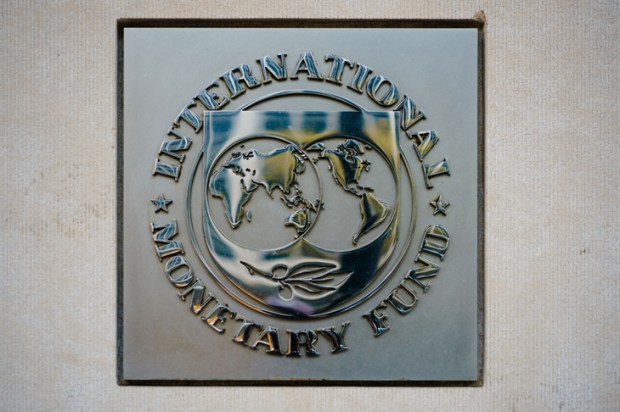

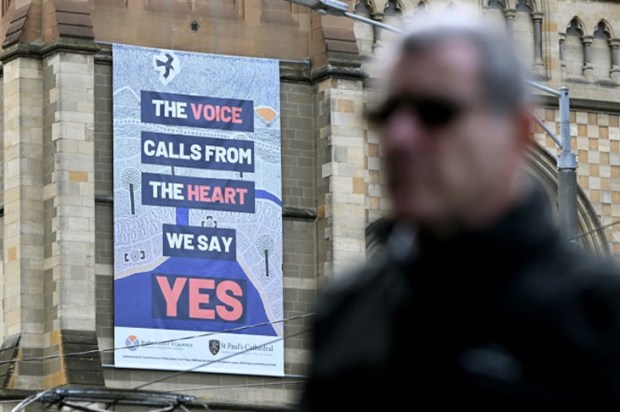
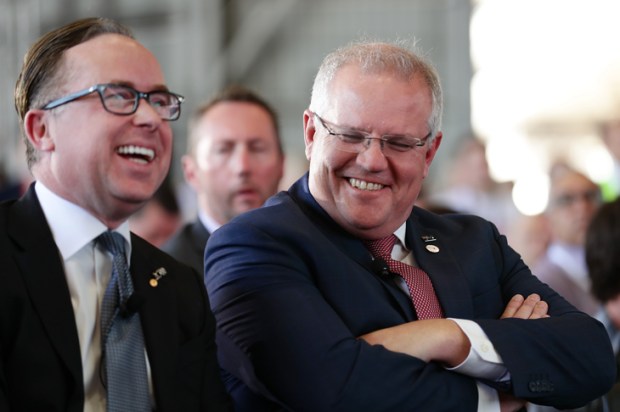
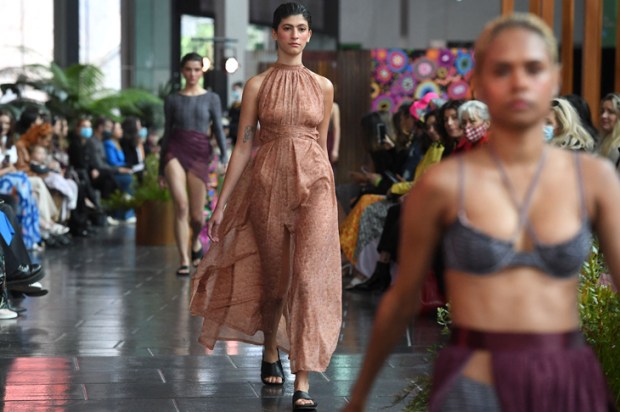
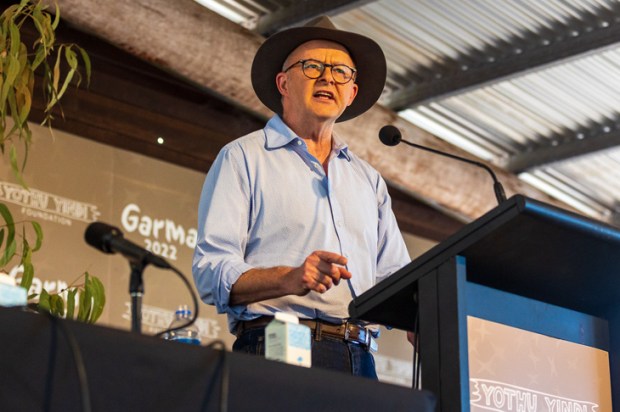






Comments
Don't miss out
Join the conversation with other Spectator Australia readers. Subscribe to leave a comment.
SUBSCRIBEAlready a subscriber? Log in